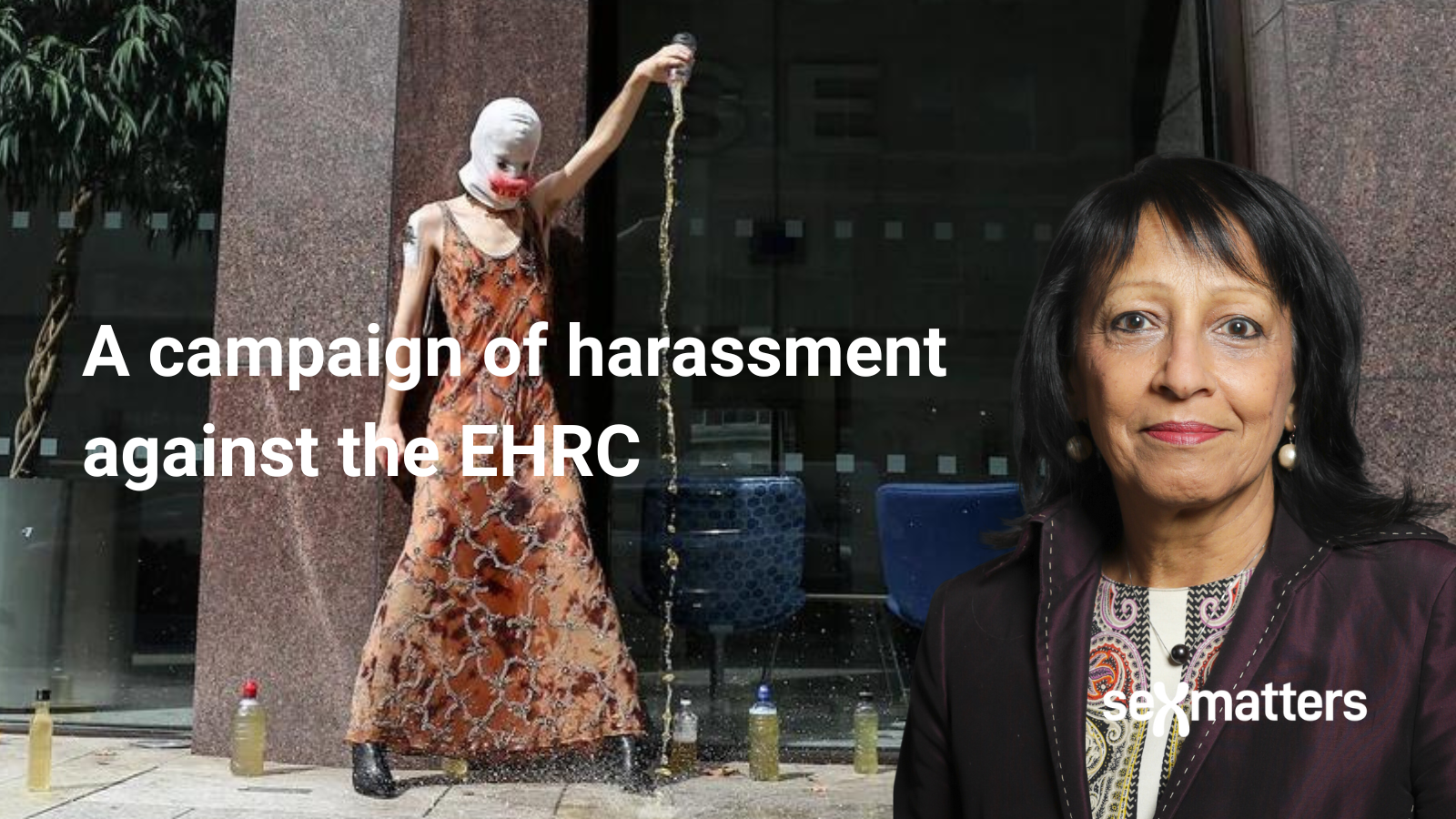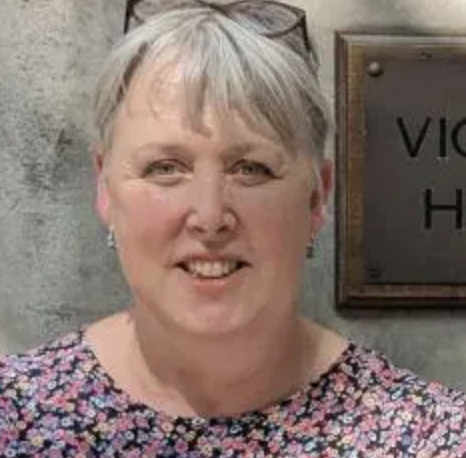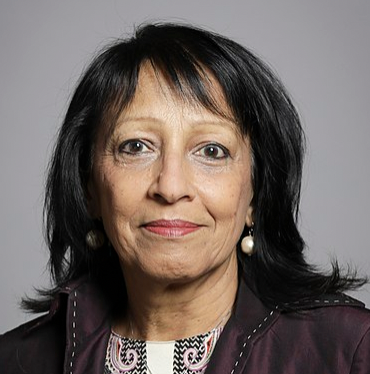GANHRI should stand up for the EHRC, not join in the abuse

Together with 38 groups defending sex-based rights, Sex Matters has written to GANHRI calling on it to stand up for the Equality and Human Rights Commission (EHRC), as reported in The Telegraph today. Britain’s human-rights regulator is facing a campaign of reprisals for acting to protect those with gender-critical beliefs from unlawful harassment and discrimination.
GANHRI (the Global Alliance of National Human Rights Institutions) is an international body that accredits national bodies in line with UN standards. In effect, it is the regulator’s regulator, but it has allowed itself to become part of the harassment.
Our letter is backed by a detailed submission of evidence about the campaign of threats and reprisals against the EHRC.
The hounding of Kishwer Falkner
The backlash that follows when a woman speaks up about women’s rights has become all too familiar. First there are murmurs of disapproval, then allegations of “transphobia”, open letters, social-media attacks, complaints and investigations, often dragging on for months. If she doesn’t immediately recant she faces a battle to try to keep her job, her sanity and her reputation.
Baroness Kishwer Falkner, chair of the Equality and Human Rights Commission, has been subjected to this treatment.






In 2021 the EHRC intervened in the Forstater appeal case in support of freedom of belief. Since then, there has been a spate of successful employment-tribunal cases based on the precedent that judgment set. The EHRC has also gone on to publish guidance and analysis which recognises that there can be conflicts of rights between women and men who identify as women.
Stonewall and associated organisations called this a “kick in the teeth”, and Baroness Falkner became their next target.
She has faced the same kind of vexatious complaints and smears that have been used to harass and intimidate so many ordinary women at work. As we record in our timeline, this has included attacks in the media, unsubstantiated claims of racism and transphobia leading to an internal investigation, and two occasions where masked men poured urine around the entrance to the EHRC’s London office. Whatever her personal beliefs about sex and gender, she has faced harassment by association simply for opposing discrimination against those with gender-critical beliefs.
Alongside this, Stonewall coordinated three complaints to GANHRI. In October 2023 GANHRI responded to Stonewall’s third complaint by putting the EHRC into “special review”.
This is perverse. It is clear that complaints have been mobilised against Baroness Falkner and the EHRC in response to the organisation acting according to its mandate to protect human rights.
Like Rachel Meade, Baroness Falkner has faced complaints not only to the organisation she works for but also to her regulator. In the Meade case, the employment tribunal criticised the regulator for its willingness to act on complaints from one side of a highly polarised debate:
“Failure to check if [the complainant] could be malicious, and not checking his previous social media history, is indicative of a lack of rigour in the investigation, and an apparent willingness to accept a complaint from one side of the gender self-identification/gender critical debate without appropriate objective balance of the potential validity of different views in what is a highly polarised debate.”
Stonewall is not concerned with independence
Stonewall has complained that the EHRC is not “independent”. In fact, the regulator has become independent of Stonewall, and it is this that Stonewall objects to.
Until recently, Stonewall was able to influence the EHRC through close links and the support of activist staff members. The EHRC’s previous chair, David Isaac, was previous chair of Stonewall, and the EHRC was a member of the Stonewall Diversity Champions Scheme. When the EHRC returned to its mandate of protecting everyone’s rights, Stonewall objected.
David Isaac, Stonewall chair 2002–2012; EHRC chair 2016–2020

When Isaac was appointed as chair of the EHRC, its then-CEO, Rebecca Hilsenrath, said:
“I am delighted to hear that David Isaac will be our new Chair. David has a fantastic track record in championing equality and human rights and driving legislative and social change.”
This reflects the previous view of EHRC staff and commissioners that promoting Stonewall’s agenda for legislative and social change was part of their mission, rather than seeing it as a potential conflict of interest.
Our submission to GANHRI documents the previous close relationship between the EHRC and Stonewall – revealed by documents obtained through freedom-of-information requests – and the influence of Stonewall on public bodies more broadly. We highlight the parallels between the harassment of Baroness Falkner and the cases of unlawful harassment that have been taken to tribunal.
We call on GANHRI not to allow itself to be weaponised as a means of reprisal against Britain’s NHRI and instead to support the EHRC to do its job.
